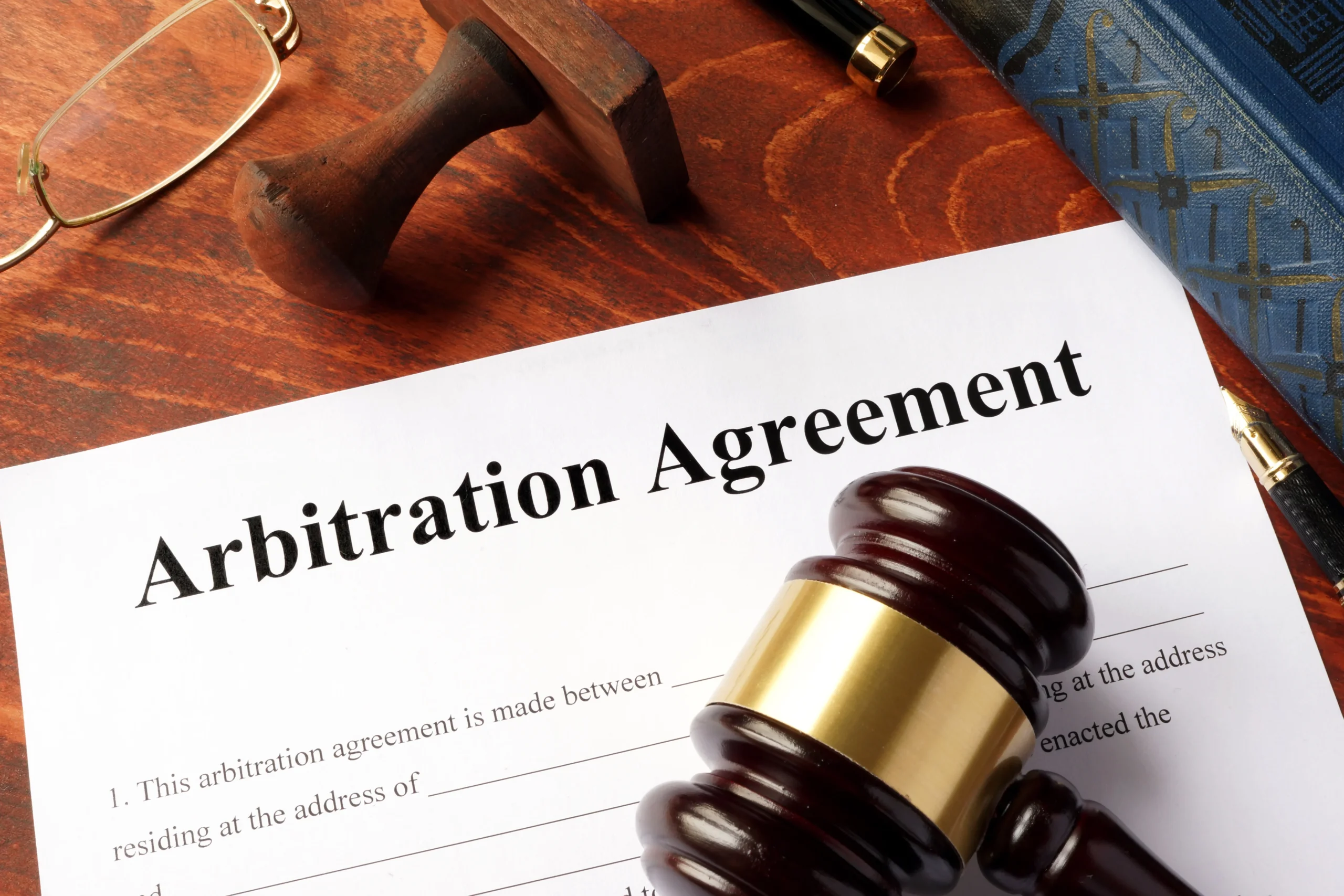Proposed arbitrator (if applicable)- Chosen arbitration rules and seat
Once accepted, the institution notifies the respondent and sets timelines for responses.
4. Respondent Submits Answer and Counterclaims
The respondent then files an Answer to the Notice of Arbitration, which may include:
- Objections to jurisdiction
- Initial defenses
- Any counterclaims (if applicable)
- Agreement or disagreement with the proposed arbitrator
Deadlines for this submission depend on the rules governing the arbitration (usually 15–30 days).
5. Constitution of the Arbitral Tribunal
The number of arbitrators is typically:
- One (for simpler or lower-value disputes)
- Three (for more complex or high-value cases)
Arbitrators are appointed as per the arbitration agreement or rules. If the parties cannot agree, the institution steps in to appoint neutral arbitrators.
Important Considerations:
- Arbitrators must be independent and impartial
- Parties can object to appointments if bias is suspected
- In UAE-seated arbitrations, arbitrators must meet conditions under the Arbitration Law (e.g., full legal capacity)
6. Procedural Meeting and Timeline
After formation, the tribunal and parties usually hold a preliminary procedural meeting—often virtually.
Key issues discussed:
- Procedural calendar (deadlines for submissions)
- Language of arbitration
- Format and number of hearings
- Use of witness statements or expert reports
- Document exchange protocols
The goal is to define a clear roadmap for how the case will proceed.
7. Submission of Written Pleadings
Each side submits written statements of claim and defense, including:
- Legal arguments
- Factual background
- Supporting documents (contracts, correspondence, invoices)
- Witness statements or expert opinions
This process may involve multiple rounds of pleadings, depending on complexity and institutional rules.
In most UAE arbitrations, parties submit:
- Statement of Claim
- Statement of Defense
- Reply to Defense and Counterclaim
- Rejoinder (if allowed)
8. Hearings (if necessary)
While not always required, many arbitrations involve oral hearings, particularly for:
- Cross-examining witnesses
- Presenting expert evidence
- Making final arguments
Hearings may be:
- In person at a physical venue
- Virtual (via video conferencing)
- Hybrid (parties join remotely or physically as needed)
Arbitration hearings are private—unlike court trials—and are often more flexible in format and timing.
9. Closing Submissions and Tribunal Deliberation
After hearings conclude, parties may submit final written submissions summarizing their positions and responding to outstanding issues.
The tribunal then deliberates and proceeds to draft the final award. This process typically takes 30–90 days, depending on the rules and complexity of the case.
10. The Final Award
The tribunal issues a final, written, and reasoned award which:
- Sets out the findings of fact and law
- States the decision on each claim and counterclaim
- Allocates costs (arbitration and legal fees)
Under UAE Arbitration Law, the award must:
- Be in writing
- Be signed by all arbitrators (or note dissent)
- Include date and seat of arbitration
- Be delivered to the parties within the agreed time
The award is binding and final—with very limited grounds for appeal or challenge.
11. Enforcement of the Award
If the losing party refuses to comply, the winning party may seek enforcement through UAE courts.
Enforcement Procedure:
- File an application with the Court of First Instance at the seat of arbitration
- Provide authenticated copy of the award, arbitration agreement, and translation (if needed)
- Court will verify formal requirements and public policy compliance—not the merits of the decision
Under the New York Convention, UAE arbitration awards are enforceable in over 170 countries.
12. Challenging an Award: Limited Grounds
A party may seek to annul the award only in exceptional circumstances, such as:
- Lack of valid arbitration agreement
- Breach of due process
- Arbitrator misconduct or conflict of interest
- Award violates UAE public policy
- Procedural irregularities (e.g., improper notice)
Challenges must be filed within 30 days of receiving the award. UAE courts rarely annul awards unless clear legal violations exist.
Conclusion: Plan Ahead, Proceed Strategically
Understanding the arbitration process in the UAE isn’t just for lawyers. For business owners, GCs, and contract managers, knowing how the process unfolds helps with:
- Drafting strong arbitration clauses
- Choosing the right institution
- Estimating timelines and costs
- Managing expectations internally
- Reducing legal risk during disputes
Arbitration offers privacy, flexibility, and enforceability—but only if done correctly. From selecting the arbitrator to enforcing the award, every step requires strategic planning and legal precision.
If you’re facing a potential dispute or negotiating contracts in the UAE, consider your arbitration options early. A well-structured process today can save months of stress, cost, and uncertainty tomorrow.






